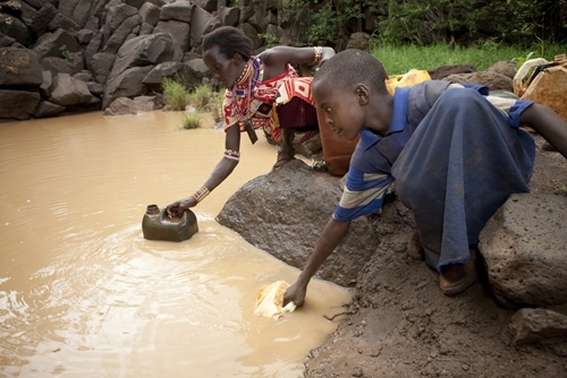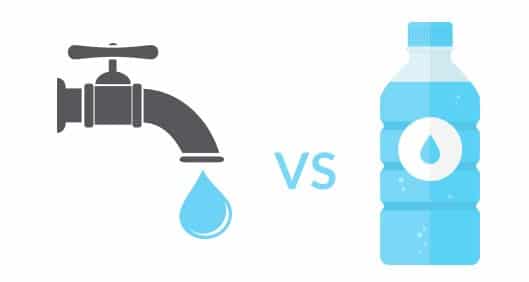Water
Water
"In many parts of the world, lack of access to clean water is the largest cause of disease transmission and, as a result, poverty."
I was not aware that water had anything to do with poverty other than the fact that it is scarce. Now i know that the lack of clean water is a contributor to the transmission of disease. I did a little research and found that one billion people don't have access to clean water. That's nearly 1 out of 8 people worldwide. Access to clean water is one of the leading contributors to poverty. According to The Water Project, this is solvable. Without water, you cannot grow food; you cannot build houses; you cannot stay in school and you cannot work. Water is so essential and I'm beginning to realize how privileged I am to have accessible water. We cannot function without water. I now feel ashamed that I have not taken full advantage of the fact that I have water readily available. I should be more hydrated.
 |
| http://sncyear7geography.weebly.com/access-to-clean-water.html |
All this time I've been convinced that the water I get from bottled water is more healthy than in tap water. Bottled water such as Smart Water and Zephyrhills claim to have the most regulated water so I am confused as to why it is advertised as such. The passage goes on to say that tap water is actually more regulated than bottled water. The regulation of bottled water is through the Food and Drug Administration (FDA). The FDA makes bottlers responsible for their own testing and doesn't require them to disclose the water's source, treatment, or contaminant content. This is even more alarming becuase the cost of bottled water is much more than tap water.
 |
| https://ckphu.com/2016/08/tap-water-vs-bottled-water/ |
Lowering consumption, I find, is a theme in this book for creating a more sustainable world. We take in so much and if we would only just use what we need instead of consuming out of greed than the more we can preserve for our neighbors. What surprises me is how by not eating meat, as the passage suggests, also helps with water conservation. It makes sense because when we eat a steak or chicken we are consuming the water that the animal has needed to live and grow Vegetarian author John Robbins calculates it takes 60, 108, 168, and 229 pounds of water to produce one pound of potatoes, wheat, maize, and rice respectively. But a pound of beef needs around 9,000 litres. Equally, it takes nearly 1,000 litres of water to produce one liter of milk. I've researched that pigs are some of the thirstiest animals .
 |
| https://www.pinterest.com/pin/286752701246540099/ |
Source
Robertson, M. (2017). Sustainability principles and practice. London: Routledge, Taylor & Francis Group.
Comments
Post a Comment